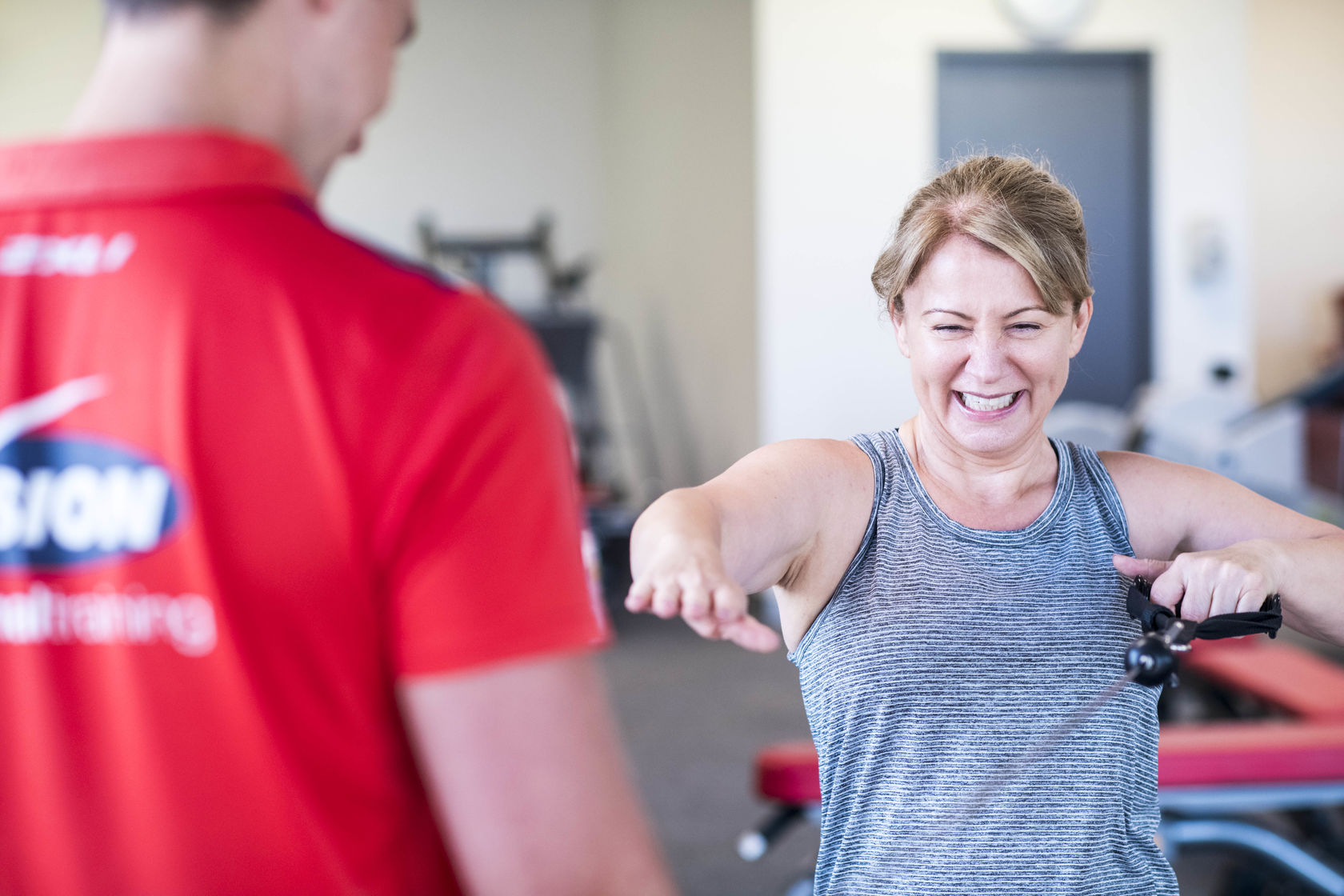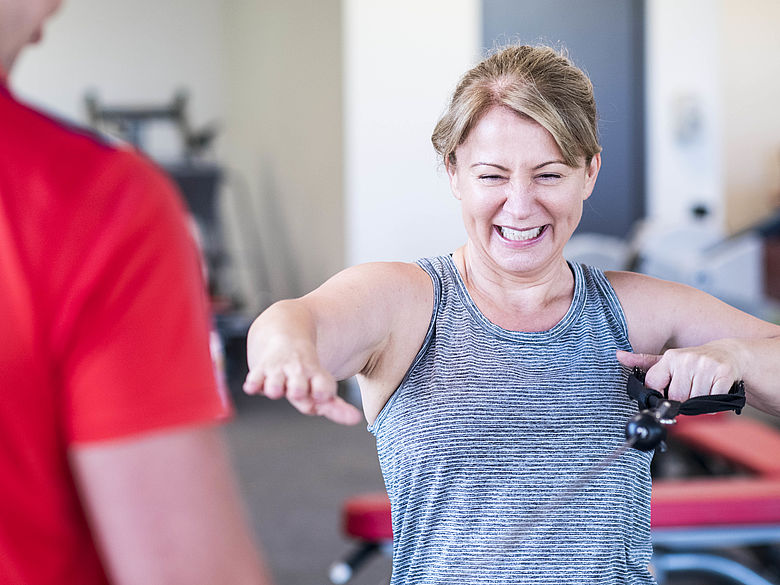The importance of sleep and how it affects your training
Sleep is important for a multitude of reasons, especially when you are training and exercising.
It allows your body to recover after a day's hard work but it also allows the body to perform vital metabolic processes.
Some of you might have experienced lack of sleep has been associated with a number of health issues such as: impair focus, inflammation, weight gain, disruption to hormone production and have adverse effects on cardio vascular health. It can also be associated feeling dehydrated.
Getting enough sleep and getting quality sleep is not only a health necessity but it can also help you perform better mentally, physically and certainly make you a lot happier!
Before we talk about how we can get better quality sleep, lets quickly look at some factors that are disrupting our sleep:
1. Light
Light helps us to differentiate the time of day; it can also regulate the human biological clock notably through melatonin, a hormone that signals your body that it's time to sleep. Blue light - that annoying light that your friends might have told you that is emitted through your smart phones and tv's, can disrupt your production of melatonin (Bedrosian TA, Nelson RJ. (2017).
To fall asleep faster, try to limit your exposure from looking at smart phones for too long and or try to perform a chore around the house before going to bed after watching TV. To sleep better, make your bedroom dark; or consider using a sleep mask.
2. Noise
When we are talking about noise, we can categorise it into two aspects: Sudden and constant noise, both of which may affect your sleep but it is sudden noise that will more than likely disturb your sleep. Sounds that don't wake you up can still increase stress and impair or disrupt the quality of your sleep.
The noises that are most likely to disrupt your sleep is anything that carries a significant meaning for instance you might be able to sleep through a fan being on for the duration of the night but suddenly wake up if people talk in the next room or if a baby cries out during the night.
3. Heat
Going to be bed with a higher than normal room temperature has been known to affect a deeper quality of sleep. If your bedroom is too warm to the point that it raises your core temperature this too will affect the quality of your sleep.
However, studies have shown that having the room cool enough to lower your core body temperature, but not so chilly as to be uncomfortable - you may fall asleep faster which in turn would allow deeper sleep as well.
4. Alcohol
Alcohol helps some people unwind and relax; and you may think it helps you sleep better. Research, however, shows otherwise. Alcohol is still a depressant and adversely affects the central nervous system by inhibiting our GABA receptors (makes you feel down or low). Yes you might feel as if alcohol helps put you to sleep but constantly drinking especially around the time that you would go to sleep starts to fade off and the problems start to occur such as insomnia and impairing the quality of sleep, let's not forget about how great you feel when you wake up with a hangover!
5. Caffeine
Who would have thought this bad boy disrupts sleep. Many of us understand that caffeine can have both positives and negatives so without going into too much detail lets simplify what it does.
Caffeine blocks receptors that promote sleepiness and increases alertness in our central nervous systems. Coffee lovers often imagine that caffeine will not affect their sleep as they claim they are immune to it. Indeed, many people can fall asleep with caffeine coursing through their veins. Fact is there is still caffeine in their system and they are going to remain alert and cause their sleep to be shallower; the recommendations are generally to limit any sort of caffeine beverage before going to bed to get a good night's sleep which is incredibly important for your health.
Unfortunately, there's a lot that can interfere with natural sleep patterns.
Along with nutrition and exercise, good sleep is one of the pillars of health.
You simply cannot achieve optimal health without taking care of your sleep so make sleep a priority.
*Disclaimer: Individual results vary based on agreed goals. Click here for details.

